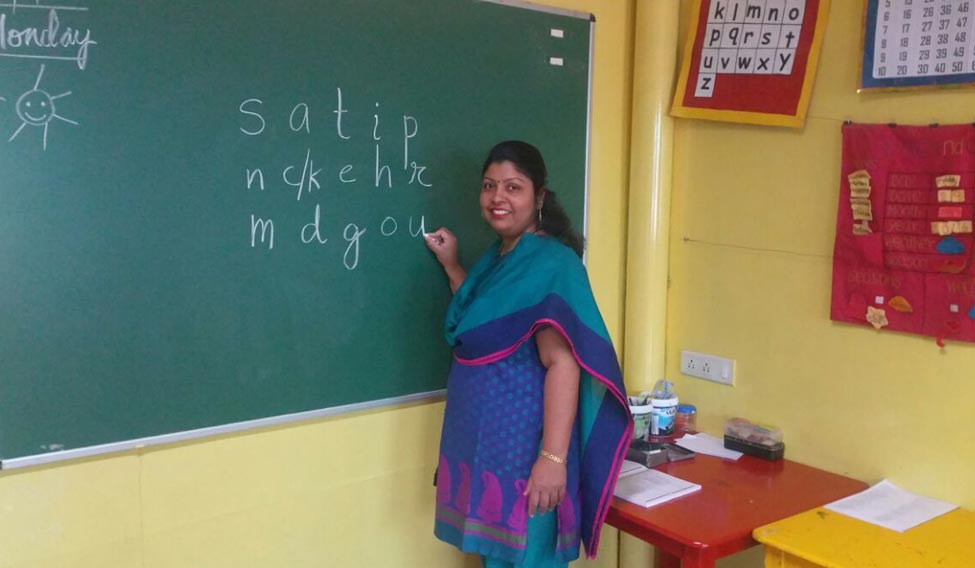Log on to online Cambridge Dictionary, search for the word 'photographer', click on the audio icon and make sure you pronounce it correctly, with the stress on the second syllable. Remember, unlike ‘photographer’, the word ‘photograph’ has stress on the first syllable. ‘Dessert’ is another commonly mispronounced word. It should be pronounced as /dɪˈzɜːt/.
Learning English has never been so fun. With the interactive phonemic charts and audio dictionaries available online, one can learn the sounds of English and the pronunciation of difficult words. The British Broadcasting Corporation (BBC) and the British Council have language websites such as Learning English and LearnEnglish Kids respectively, to help you learn vocabulary, pronunciation and grammar. You can even attend webinars, listen to podcasts or converse with native speakers online for free. These are all great ways to gain mastery over the language.
Are these online resources and tools being used in our schools and colleges? Unfortunately not. The way English is taught in our schools and colleges is a matter of concern. Phonetics is still not a part of the CBSE curriculum. Apparently, even the top autonomous schools in metro cities like Bengaluru haven’t realized the importance of familiarising children with the phonetic script. For 15 years, children are taught to mispronounce words. Those who opt for English at the graduation level may get to learn phonetics. But, by then the damage is done and unlearning is always harder than learning.
Dr Naveena Preethi P., a senior lecturer in clinical pediatric dentistry, considers herself to be a victim of our language education. “While speaking with foreigners, I find it extremely difficult to make myself understood. Sometimes I don’t follow them at all. It is sad that my English language skills are not good enough to hold a conversation without inhibitions, despite me being a topper in college,’’ rues the 29-year-old from Madurai.
 Dr Naveena Preethi P.
Dr Naveena Preethi P.
It is high time we integrated online resources and tools into our curriculum, says Preethi. “Every school should set aside at least two periods a week for phonetic practice,” suggests Preethi, who recently completed a web-based course to improve her English speaking and writing skills. She is planning to move abroad soon for her higher studies.
Some of the International schools in Bengaluru have set an example in building a curriculum for young learners. Aishwarya Aravind, a K1 teacher at India International Pre Activity Centre on Outer Ring Road, Bengaluru, says that she uses Jolly phonics to teach children. “"At India International, our linguistic programme includes Jolly Phonics, which is a UK-based programme exclusively meant for young minds,’’ she says. “I teach my LKG students to read words by breaking them into sounds. Phonetic sounds we start teaching from toddlers,’’ says Aishwarya who learnt phonetics only in college, that too because of being an English literature student. She confesses that she learnt how to pronounce ‘a’, the first letter of the English alphabet correctly, only after her daughter started lower kindergarten (LKG).
Indian students, especially those in metros, generally have a reputation of being fluent in English. However, proper English would continue to be the prerogative of the rich only, unless we make drastic changes in our curriculum.







